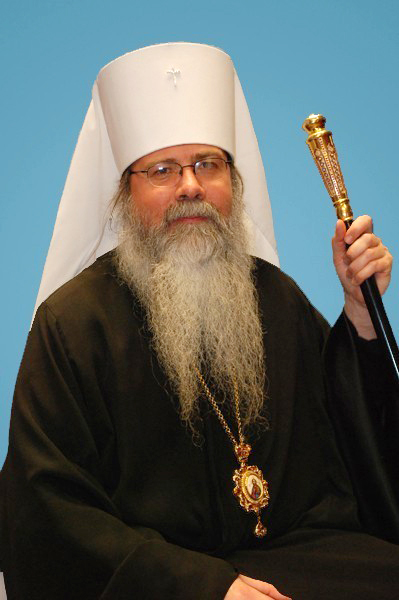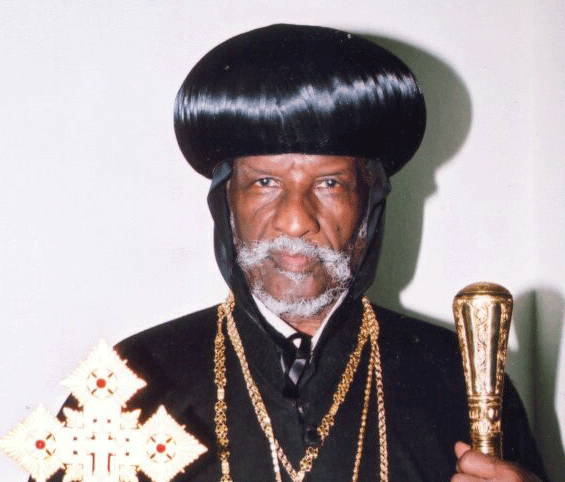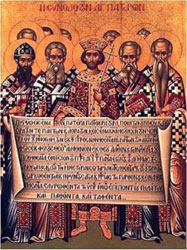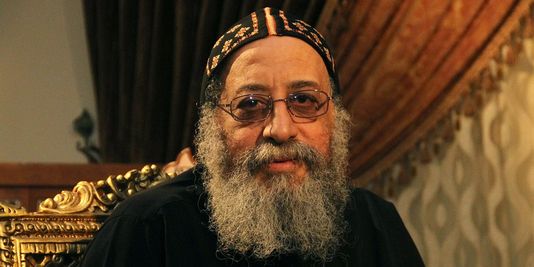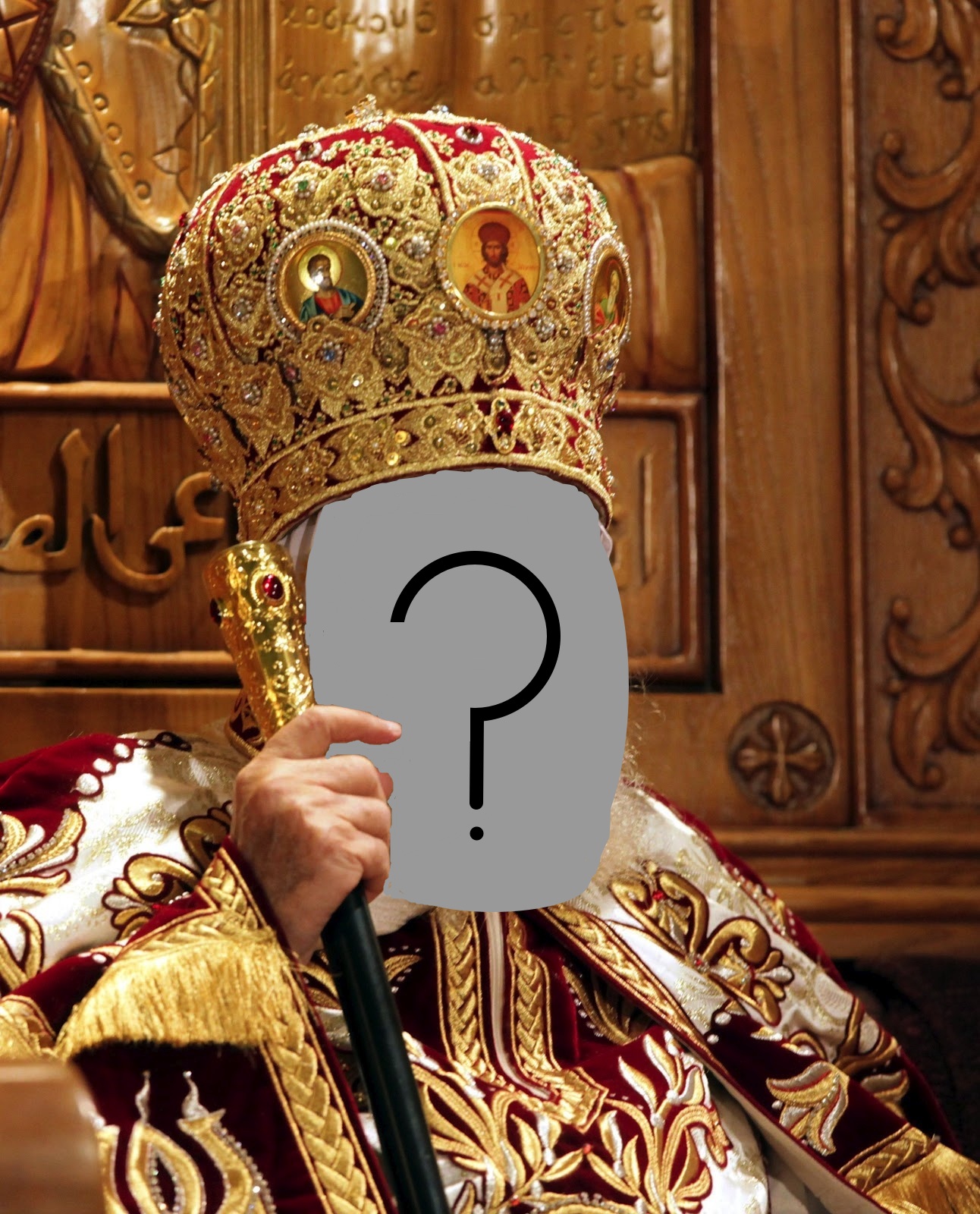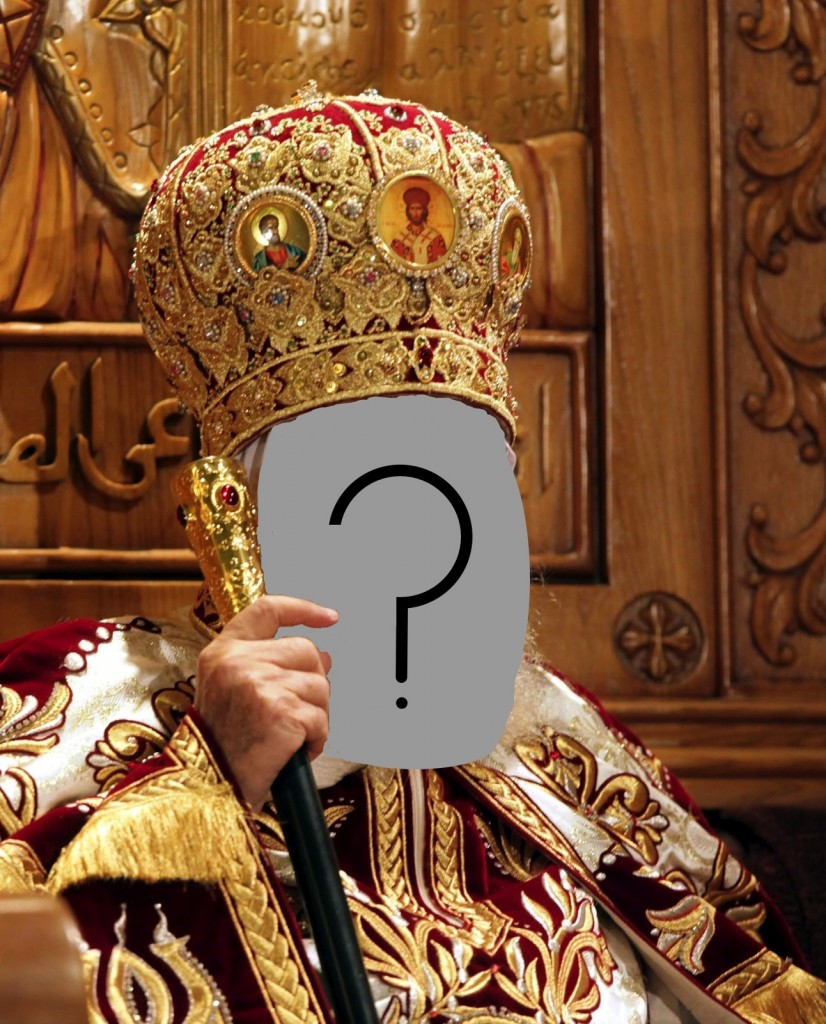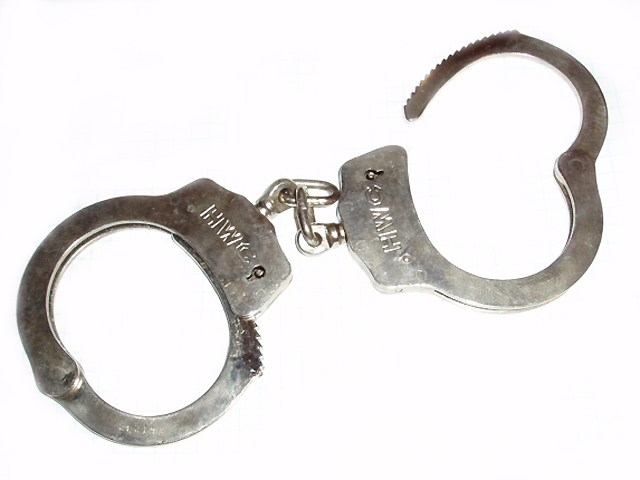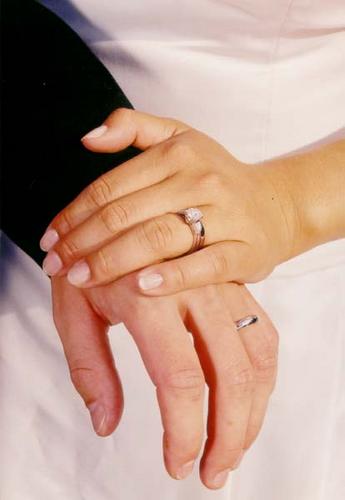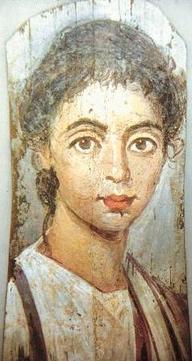
Awake, you who sleep,
Arise from the dead,
And Christ will give you light.
Ephesians 5:14
As Lent begins one senses a silent groan in some hearts and minds. How are we going to survive 55 days of strict fasting? What shall we eat? I can’t wait till its over! Lent is a time of prayer and fasting and charitable deeds, but also a time of repentance. Sometimes this same negative attitude can be transferred to our approach to repentance. It can seem such a chore, or at least something we must drag ourselves reluctantly to do.
But there is another way of looking at these things. It may seem quite new to some, but in reality it is very, very old. In fact, it was the way most of the first Christians looked at these things. Apart from my love of all things authentic and original, I find it so much more satisfying, so much more sensible, and so much more realistic than the later interpretations of the Christian enterprise that have spread through most Churches, including our own. It goes something like this:
God = existence = goodness = light = life.
Therefore, since sin is a separation from God, then to sin is to be diminished in existence, goodness, light and life and to instead be in a state that we describe with words like non-existence, evil, darkness and death.
In this state, our ability to do anything to help ourselves is also diminished. Thus our ability to save ourselves from this state is diminished, quite severely in fact. It’s a little like a drowning man who reaches a stage where he is so deprived of oxygen that his brain can no longer function well enough for him to realise that he needs to swim upwards or keep his head above water.
This is why it was impossible for us to save ourselves. It is the answer to the question, why couldn’t humanity just repent and change itself back into the image of God? Continue reading “A New (Old) Take on Repentance”

